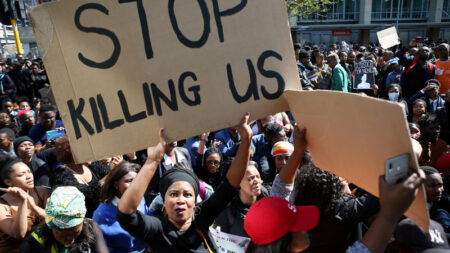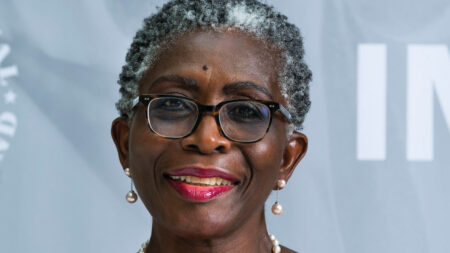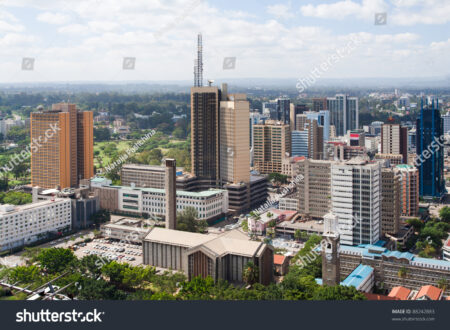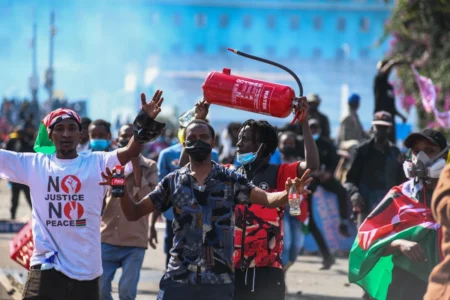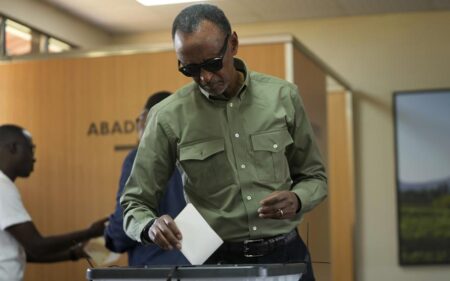- Around 200 countries have agreed on how to run the Climate Loss and Damage Fund to help vulnerable nations address more extreme weather conditions.
- Germany and the UAE have pledged $100 million each to the climate damages initiative.
- The World Bank will host the Climate Loss and Damage Fund on a trial basis.
Around 200 countries have agreed on how to run the Climate Loss and Damage Fund to help vulnerable nations address more extreme weather conditions. Consequently, rich nations have pledged at least $260 million to kickstart the program, making a breakthrough as global climate deliberations opened in Dubai, the United Arab Emirates (UAE).
Delegates at the COP28 summit on Thursday adopted a framework for the World Bank to host the Loss and Damage Fund following months of negotiations. This year’s host, the UAE, indicated it would contribute $100 million, adding another $100 million from Germany. The United Kingdom committed $50 million, with Japan adding $10 million.
An agreement for the Climate Loss and Damage Fund
The United States representative at the 2023 climate negotiations said President Joe Biden’s administration would collaborate with Congress to offer an additional $17.5 million to the World Bank-hosted fund. The confirmed contributions clear the $200 million minimum required to launch the Climate Loss and Damaged Fund. It sets the stage to start disbursing the funds in early 2024.
Figuring out how the fund will work is a “truly historic decision,” Simon Stiell, executive secretary of the United Nations Framework Convention on Climate Change that runs the annual COP meetings, said before the deal was officially adopted. Reaching that deal early in the two-week summit “sends a powerful signal to all negotiating rooms.”
The COP28 delegates also agreed on an agenda devoid of the drama from past meetings, marking a smooth start to the 2023 global climate negotiations. Nevertheless, the plan for loss and damage is just one of the three primary outcomes the negotiators strive to deliver.
A more complicated assignment at COP28
A more complicated assignment awaits on how nations should react to the slow pace of cutting greenhouse gas emissions, which has already stirred debate over what countries should collectively resolve to do about fossil fuels in a warming world.
Conference leaders and delegates gave sober caution about the stakes of inaction on the summit’s first day. “It is clear we are on track,” Jennifer Morgan, Germany’s climate envoy, told reporters in a briefing. According to her, the world faces “unimaginable” consequences “if we do not accelerate and scale up our action.”
The US, the EU, and other nations advocate for concrete pledges, including reducing fossil fuels, doubling energy efficiency, and tripling renewable energy. The possible fossil fuel language on the final resolution has caused significant tension. Some oil-rich countries remain reluctant to embrace a resolve to phase them out completely.
Stiell asked for a steadfast approach. “If we do not signal the terminal decline of the fossil fuel era as we know it, we welcome our terminal decline,” he said in opening remarks. “And we choose to pay with people’s lives.”
Read Also: President Ruto at COP28: What’s in Store for Kenya
Fast-pace for the Climate Loss and Damage Fund
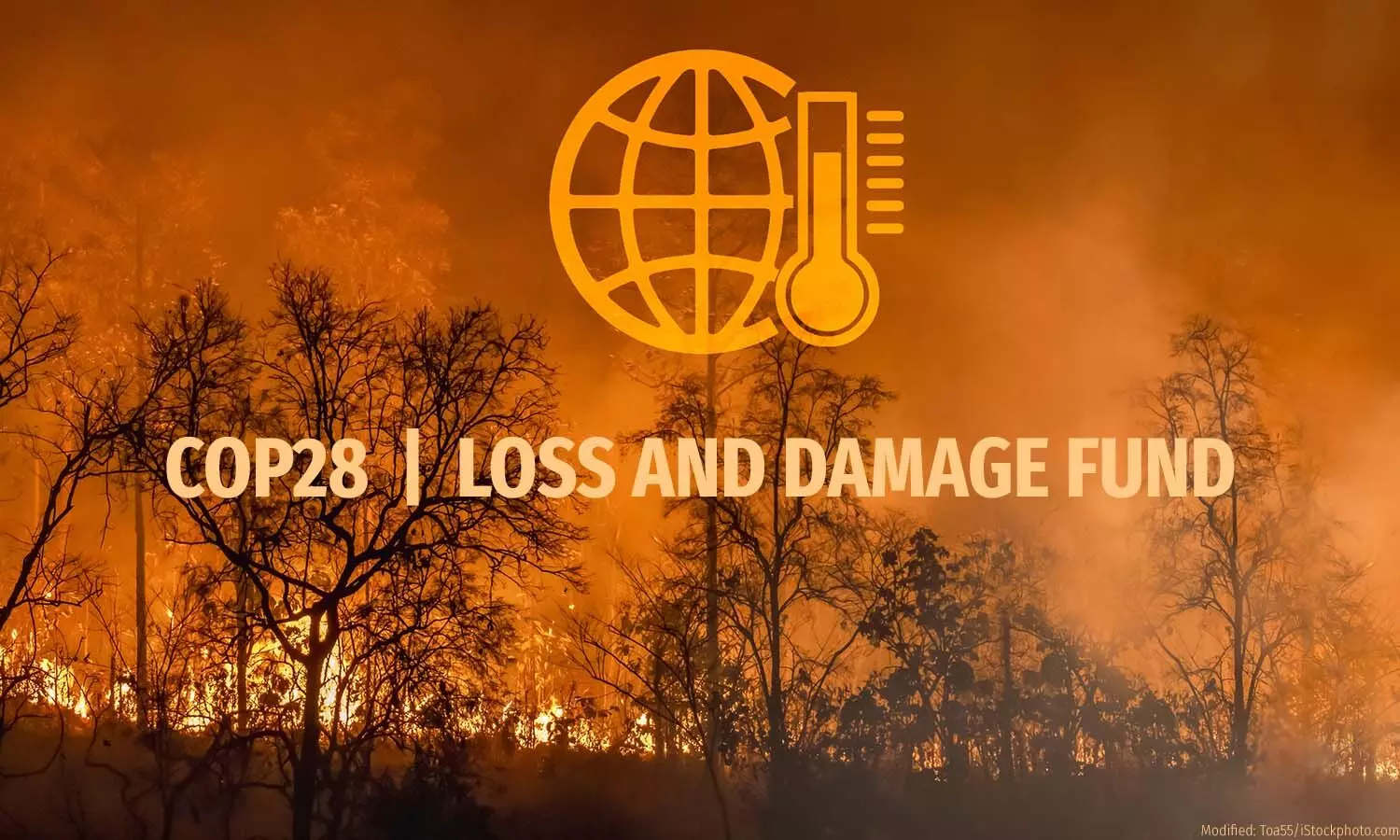
Significant concerns remain concerning the facility, including the scale and source of funding going forward. Developing economies claim that countries that industrialised first should make substantial contributions, considering they are responsible for the most significant greenhouse gas emissions accumulated in the atmosphere.
According to Germany’s Morgan, countries “that are particularly capable,” including China and Saudi Arabia, should also support the fund. “That would be a magnanimous gesture and also a signal of how these countries take their responsibilities seriously for the most vulnerable countries,” she said.
The document approved Thursday sets out a plan to replenish the fund every four years with contributions from a “wide range of sources”, including grants and concessional loans.
However, it does not require payment, merely asking countries to provide “voluntary” support and for advanced nations to “take the lead” in providing start-up funds.
The United States has fought to ensure that framework documents include voluntary contributions, and Kerry emphasised that the US already provides disaster relief funding via other channels.
“It is important the fund does not represent any expression of liability” or “any sort of new legal requirements,” Kerry told reporters Wednesday. “We think that this fund — the way it’s designed — will meet the needs of vulnerable countries” and “can be stood up quickly but confidently.”
The need for urgent solutions at COP28
The need for progress has never been more urgent; 2023 will almost certainly be the hottest year on record.
Greenhouse gas emissions are still rising, and promises to reduce pollution remain insufficient to ignore the risk of runaway warming.
At the same time, rapid inflation and global instability, including wars in Ukraine and Gaza, are disrupting the politics and economics of the energy transition.
“This is a very sobering, even somber moment as world leaders gather,” said Rachel Cleetus, policy director of the climate program at the Union of Concerned Scientists in Massachusetts. “That said, there is a real opportunity in the climate space to secure some wins.”







